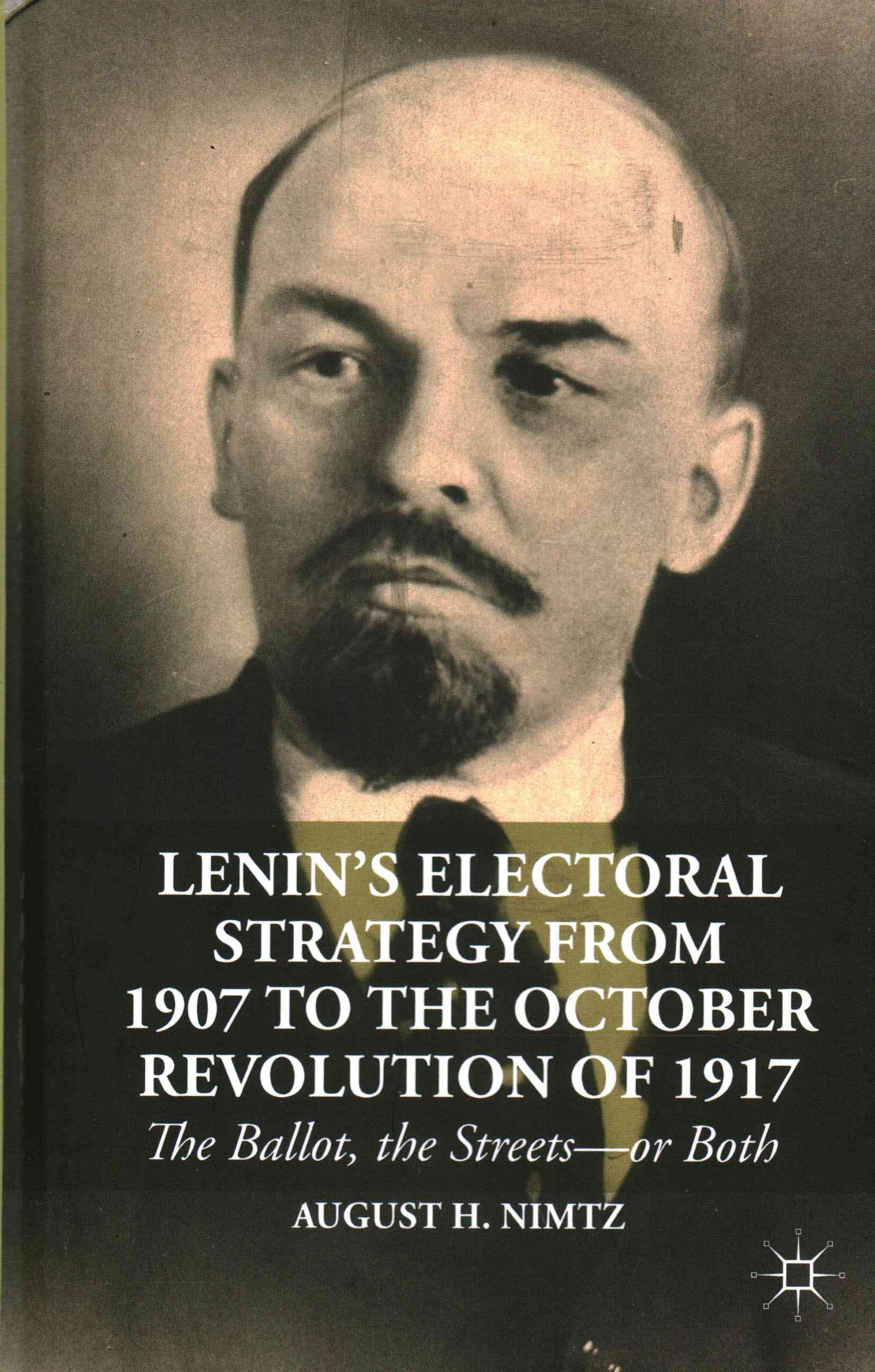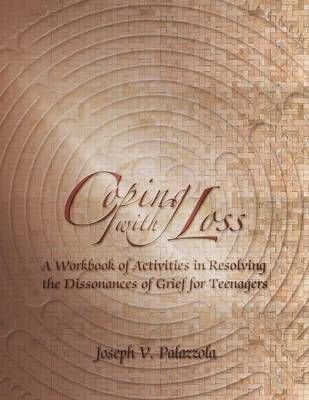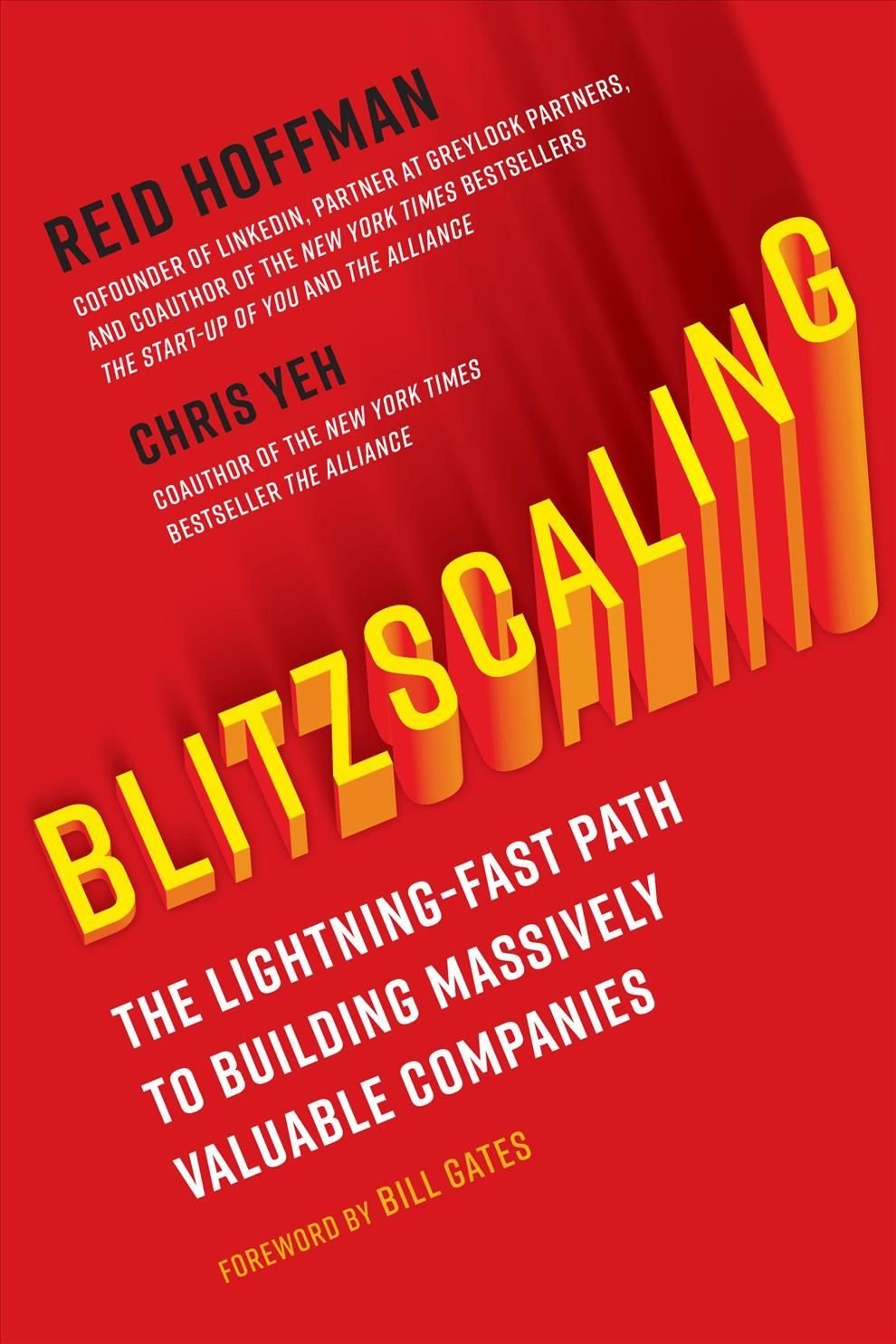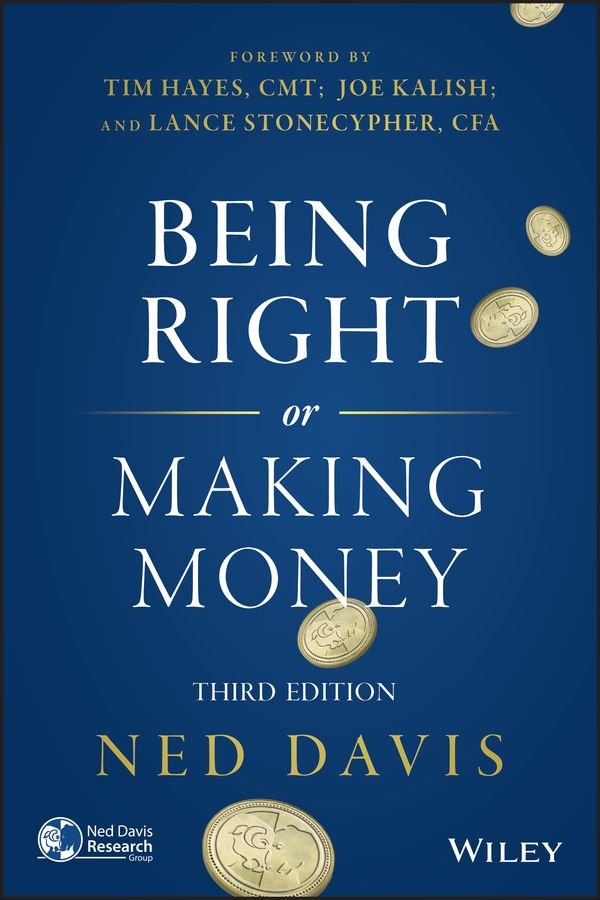Can the electoral and parliamentary arenas be used toward revolutionary ends? This is precisely the question that held Lenin’s attention from 1905 to 1917, and to which he said, yes. This is the first book length study of this sorely neglected side of his politics which was intimately linked to his better known party building project and writings on the peasantry. This volume, the second of two, details his efforts to lead the deputies of the Russian Social Democratic Labor Party in the Third and FourthState Dumas, Russia’s first experiment in representative democracy, from 1907 to 19017–from counterrevolution to the Revolution of October of 1917. Issues such as whether to take part in the Dumas, how to combine legal and illegal work, how to ensure party leadership of its Duma deputies, how to employ the Duma to forge the worker-peasant alliance and, most importantly, to do anti-war work when the First World War began–all had to be addressed. The answers Lenin provided increasingly put him at odds with Western European Social Democrats, foreshadowing the historic split in the international Marxist movement in 1914. Bolshevik success in 1917, the book argues, can be traced to what was learned in that more than decade-long experience–lessons for today’s protester–












